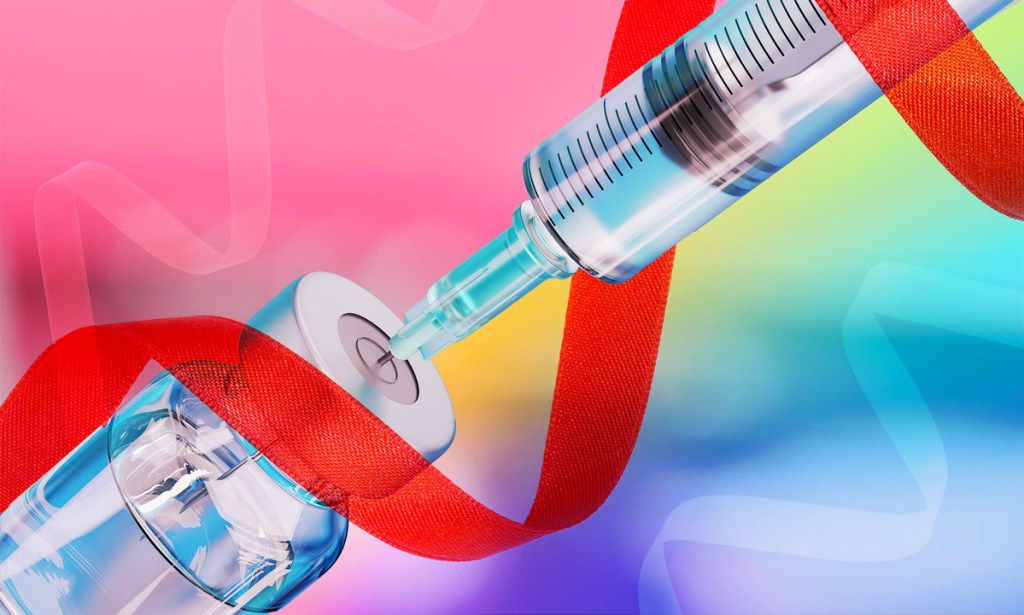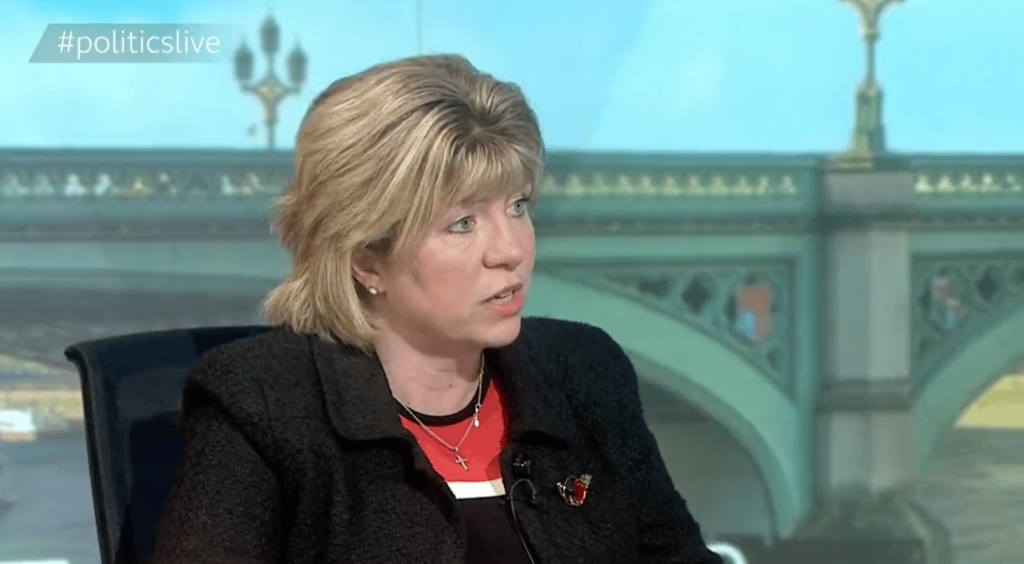People with HIV can now donate eggs or sperm to become parents

Under an updated law people with HIV can now donate eggs or sperm to start a family. (Getty/Fly View Productions)
People with HIV who have an undetectable viral load can now donate eggs or sperm as part of fertility treatment to “fulfil their dream of becoming parents”.
The move comes after Minister Maria Caulfield MP announced the progressive legislation change in Parliament during a discussion on IVF provision in October last year.
As the Human Fertilisation and Embryology Act is updated, people living with HIV who have an undetectable viral load – meaning they can’t pass HIV on – will be able to donate eggs or sperm (known as gametes) as part of fertility treatment to their partners, family, friends and known recipients with informed consent.
Following a change in the law it’s expected that first clinics will be able to offer such treatment to people with undetectable HIV in around three months.

Currently only male people with HIV can give sperm to their female partners and no one else.
The law change will also remove additional screening costs for female same-sex couples undergoing reciprocal IVF, getting rid of a screening fee – not required for straight couples – that can cost more than £1,000.
Health Minister Maria Caulfield said the changes will “allow more people to fulfil their dream of becoming parents”.

Caulfield added: “We have changed the law to ensure equality for people living with HIV when accessing IVF, allowing them to donate their eggs and sperm. In addition, the change will allow female same-sex couples to access IVF with no extra screening costs, the same as heterosexual couples.”
Julia Chain, chair of the Human Fertilisation and Embryology Authority, said the regulator welcomes the law change.
Chain added: “For known donation from individuals with undetectable HIV, we anticipate that the first clinics may be able to begin to offer this treatment around three months following a change in the law.
“We encourage any patients or donors who may be affected by these changes to visit the HFEA website to find out free and impartial information, including about how to choose a fertility clinic.”
Minister for equalities, MP Stuart Andrews, said: “I am delighted by these changes which will both enable more people to experience the joy of becoming parents.”
How did this story make you feel?

